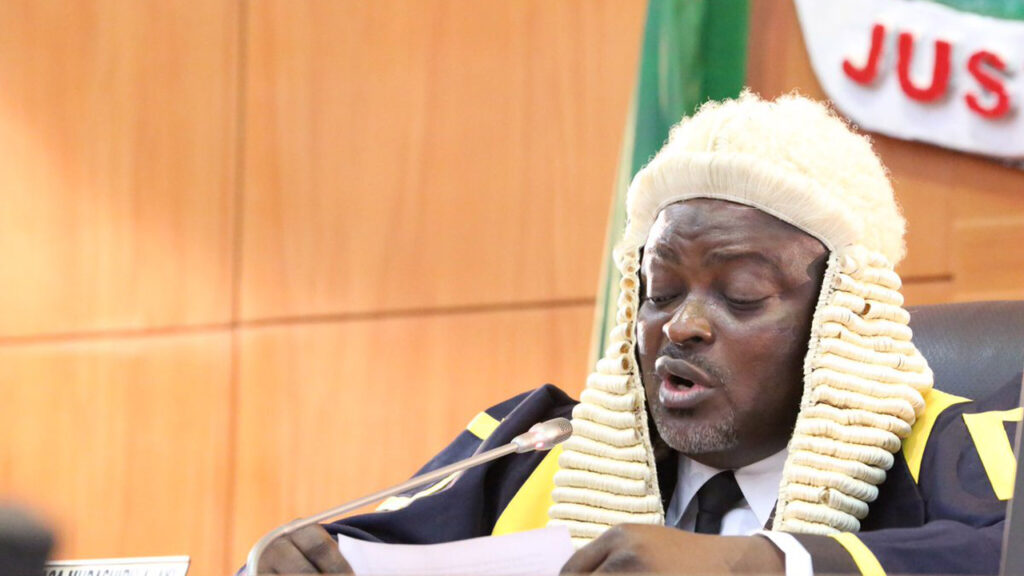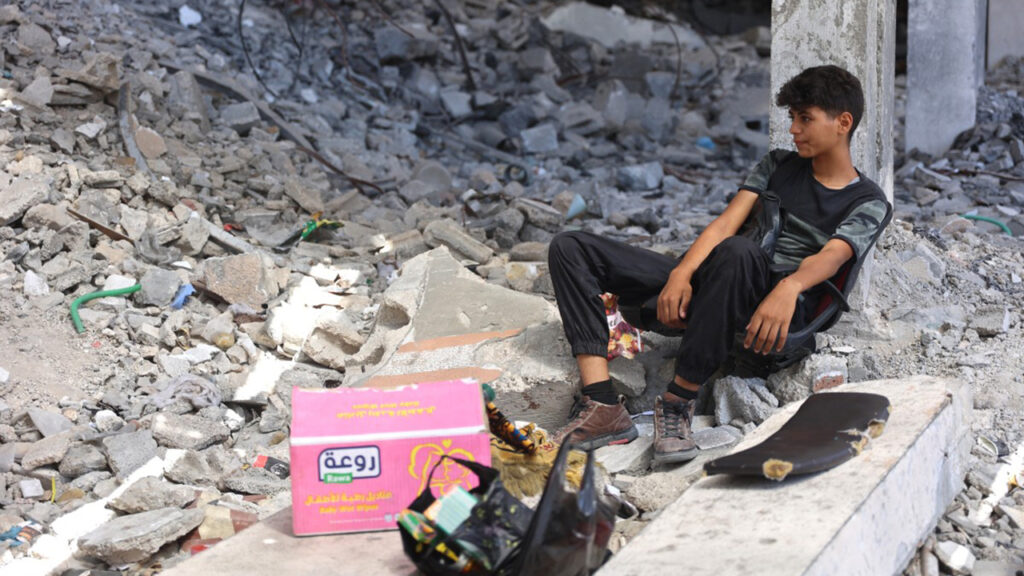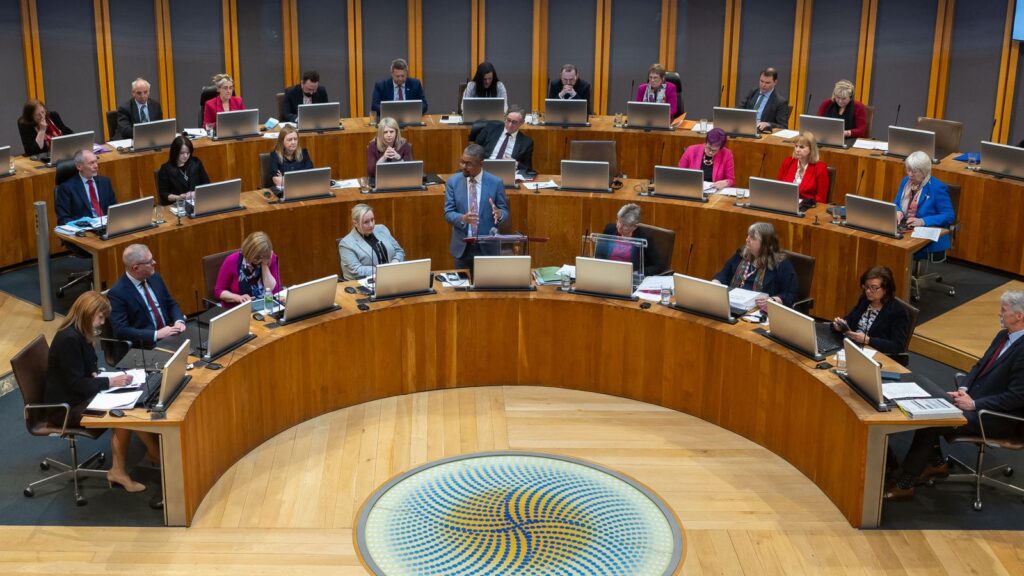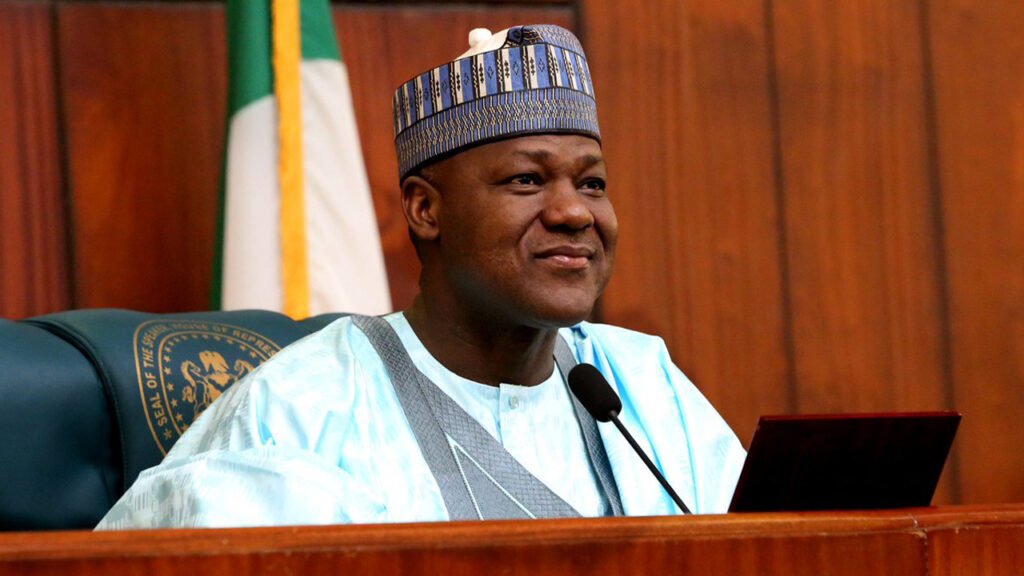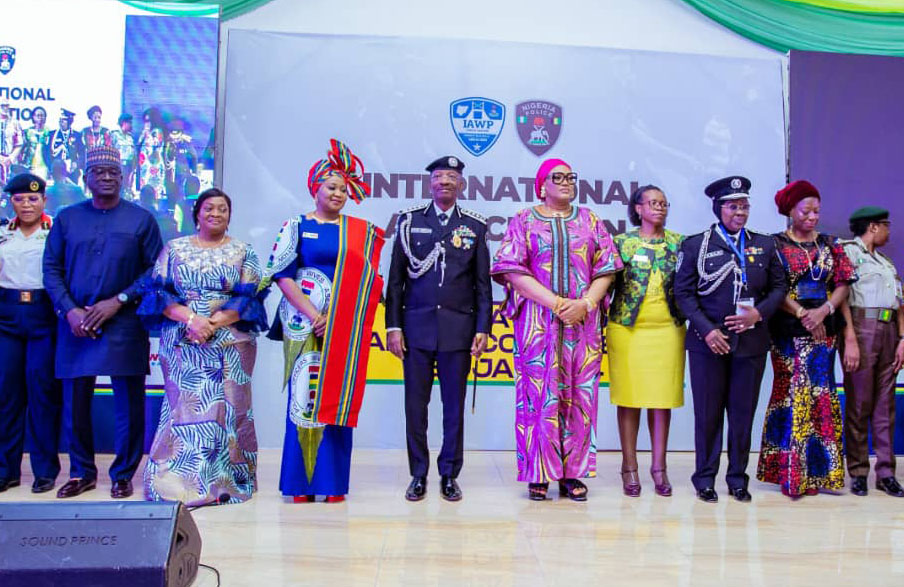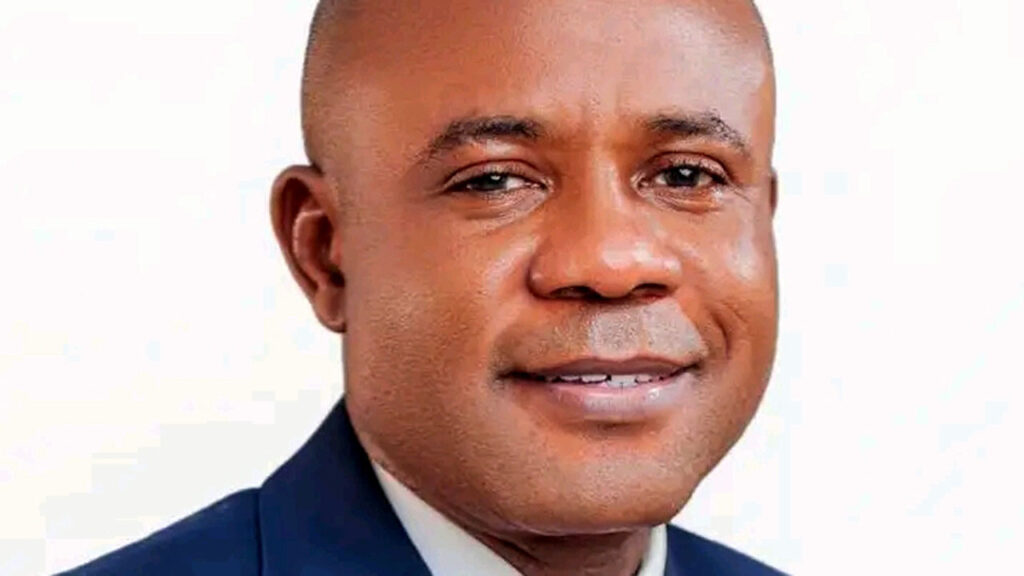
The Nigerian government has said that it will begin local manufacturing of vehicles before the end of this year.
The Minister of Industry, Trade and Investment, Doris Uzoka-Anite, revealed this at the African Association of Automotive Manufacturers and the Nigerian Automotive Manufacturers Association’s meeting in Abuja on Friday, May 3.
According to Uzoka-Anite, funds to grow the automotive industry in Nigeria have been made available to local manufacturers.
She said it was important to source made-in-Nigeria vehicle materials locally.
She informed all stakeholders, including manufacturers, dealers, and regulatory bodies, to key into the Nigerian Automotive Development Policy, and begin to make the desired contribution to the nation’s economy.
Former vice president, Yemi Osinbajo, had said local production of vehicles in Nigeria will further make cars affordable to many Nigerians.
Osinbajo said this while on a tour of the stand of Kia Nigeria at the Chartered Institute of Bankers of Nigeria (CIBN) 14th yearly banking and finance conference in September, 2021.
READ ALSO: Positioning Nigeria as a vehicles manufacturing country
He highlighted the significant role the company is playing in the drive towards economic diversification and Nigeria’s industrialisation through the made-in-Nigeria Kia cars.
During former president Goodluck Jonathan’s administration, as part of its industrialization policy, his government announced the National Automotive Industry Development Plan (NAIDP) in October 2013.
It introduced tariffs on imports as a key instrument to make domestic production more competitive.
The policy was aimed at creating 70,000 skilled and semi-skilled jobs and create the conditions for Nigeria to eventually enter into car manufacturing.
The planned tariffs entailed a significant increase in duties and levies on fully built vehicles, from 22% to 70% for passenger cars and 10% to 35% for commercial vehicles.
The tariffs was to boost local assembly, no levy was placed on importing materials and parts for full assembly in-country and discounted levies of 5%-10% for partially assembled vehicles.



